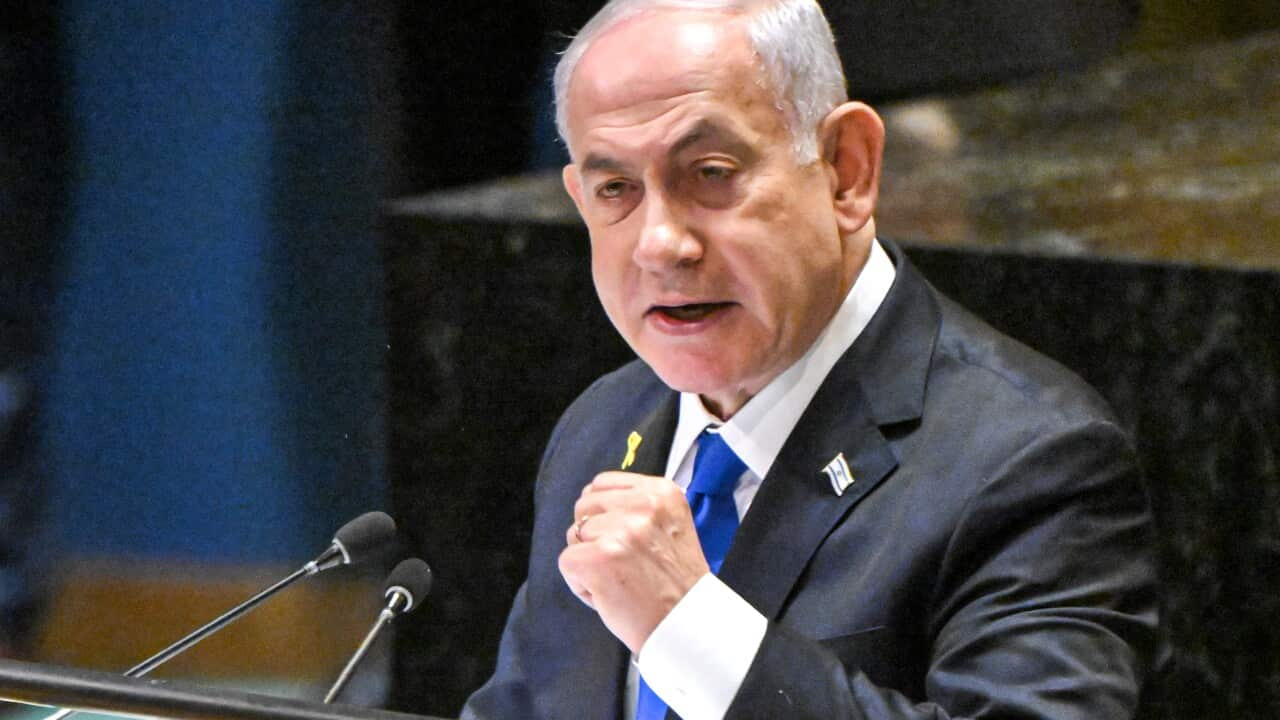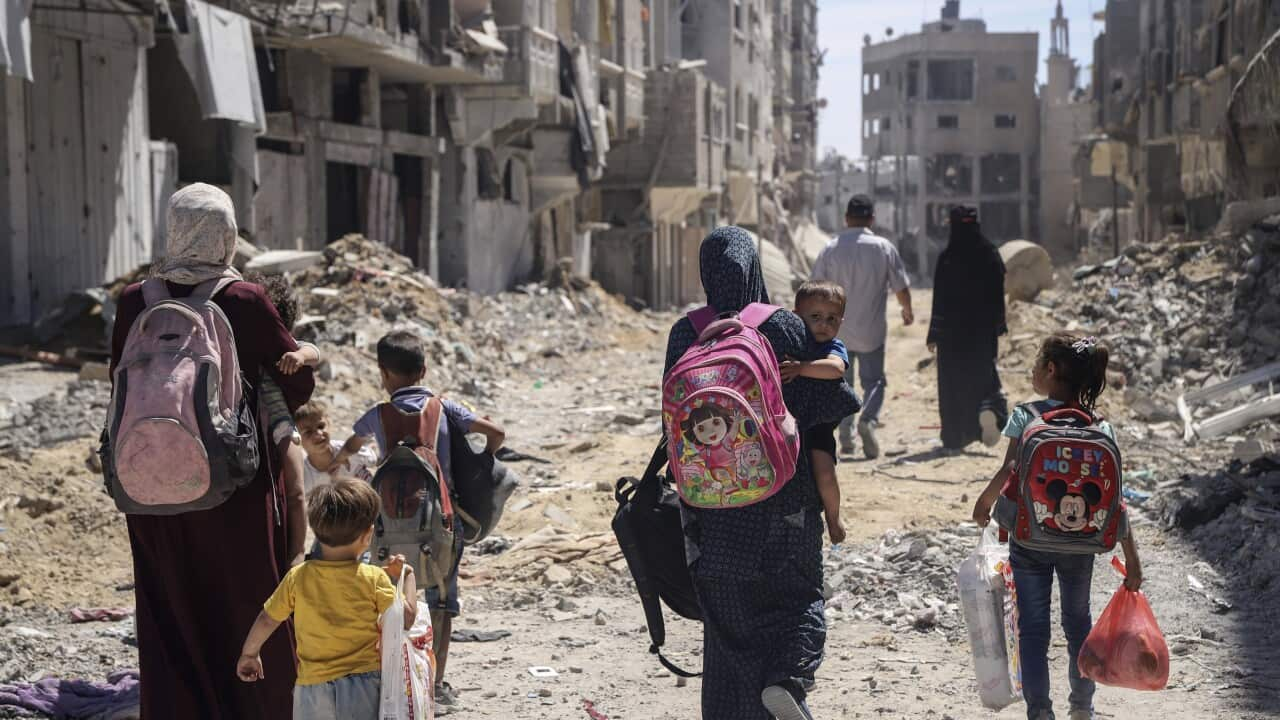Israeli Prime Minister Benjamin Netanyahu approved in September, a spokesperson for his office said on Monday.
The Israeli military, which has been engaged in cross-border fighting with Hezbollah since the start of the Gaza war in October 2023, at first declined to respond to questions about the detonations.
On 17 September, thousands of pagers simultaneously exploded in the southern suburbs of Beirut and other Hezbollah strongholds, in most cases after the devices beeped, indicating an incoming message.
A Hezbollah official, speaking on condition of anonymity, said the incident was the "biggest security breach" for the group in nearly a year of conflict with Israel.
In total, the pager attack, and a second on the following day that activated weaponised walkie-talkies, killed 39 people and wounded more than 3,400.
Israeli media reported that Netanyahu claimed responsibility for the attack during a cabinet meeting, telling ministers that senior defence officials and political figures were opposed to the detonation of the pagers but that he went ahead with the operation.
LISTEN TO

Pager explosions described as 'war crime'
SBS News
07:40
Progress in Lebanon ceasefire discussions
Israel says there is progress in talks about a Lebanon ceasefire and has indicated Russia could play a part by stopping Hezbollah from rearming via Syria, although the group says it has not received any new truce proposals.
Pummelled by Israel's offensive, Hezbollah said political contacts were underway involving its backers in Iran, the United States and Russia whilst also saying it had enough weapons for a "long war" and keeping up rocket fire into Israel.
In Jerusalem, Israeli foreign minister Gideon Saar said the war against Hezbollah was not over yet.
The main challenge facing any ceasefire deal would be enforcement, Saar said, although there was "a certain progress" in talks.
After previous rounds of fruitless US-led diplomacy to secure a Lebanon truce, the comments indicate a renewed focus on the issue as President Joe Biden prepares to leave office in January, with President-elect Donald Trump set to replace him.
Qatar pulls out of Gaza mediation talks
The hope of a truce in the Gaza Strip has meanwhile suffered a setback, with Qatar suspending its mediation role.
Ignited by the Gaza war, the conflict at the Lebanese-Israeli border had been rumbling on for a year before Israel went on the offensive in late September, pounding wide areas of Lebanon with airstrikes and sending troops into the south.
Saar, addressing a Jerusalem news conference, said Israel was working with the US on a ceasefire in Lebanon.
Israel wants Hezbollah north of the Litani River — 30km from the border — and unable to rearm, he said.
Saar said a basic principle for any agreement had to be that Hezbollah would not be able to bring weapons into Lebanon from Syria.
Lebanese and Israeli officials to meet with Antony Blinken
Israeli strategic affairs minister Ron Dermer was due to meet US secretary of state Antony Blinken on Monday in Washington DC, the state department said.

Israeli foreign minister Gideon Saar says there is hope for a ceasefire between his nation and Lebanon. Source: EPA / Abir Sultan
Yedioth Ahronoth, Israel's best-selling newspaper, reported on Monday that Israel and Lebanon have exchanged drafts through US envoy Amos Hochstein, signalling progress in efforts to reach a final agreement.




